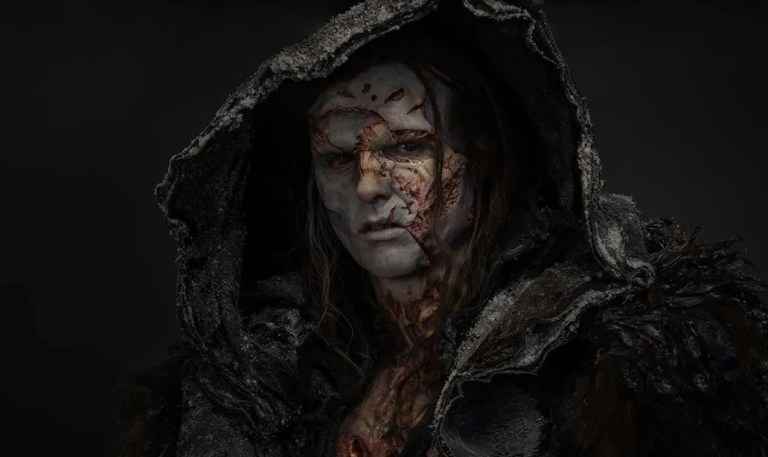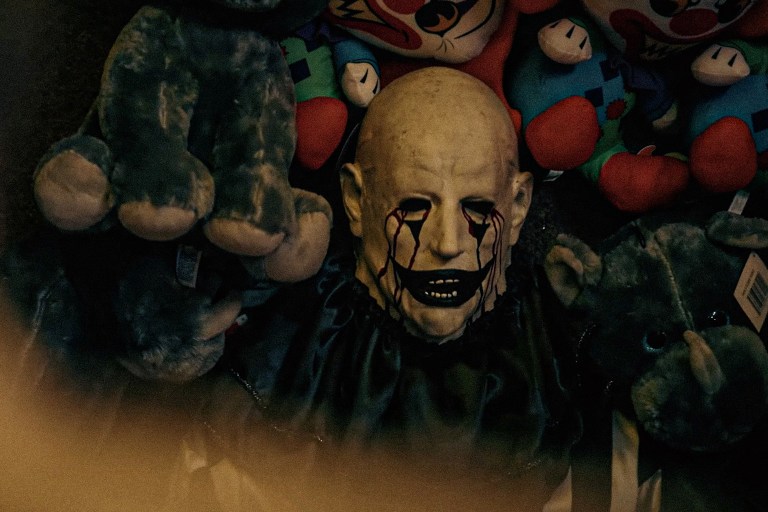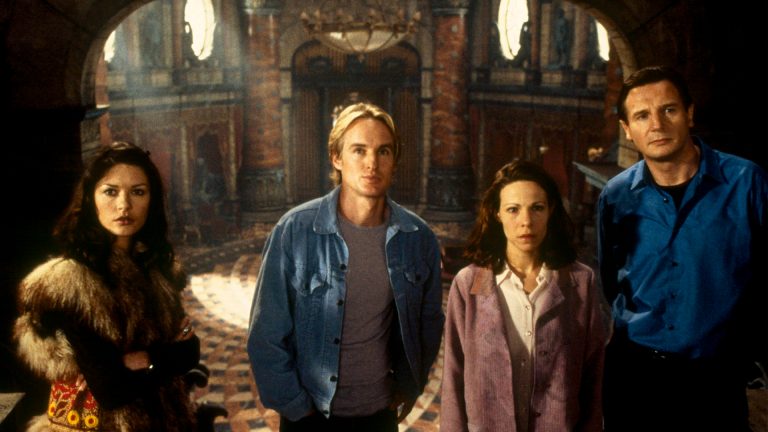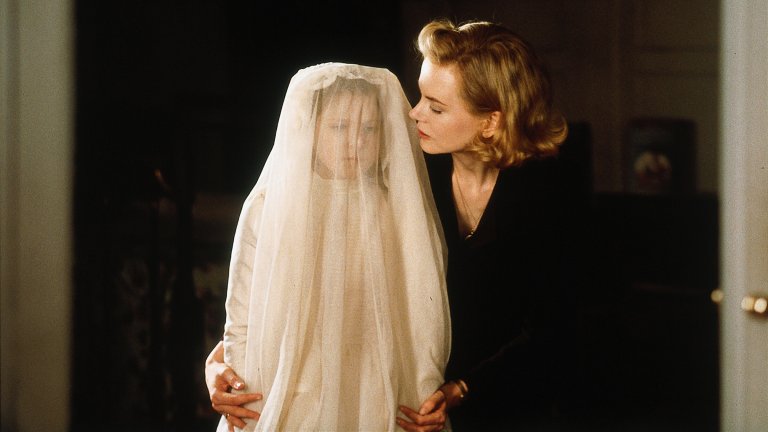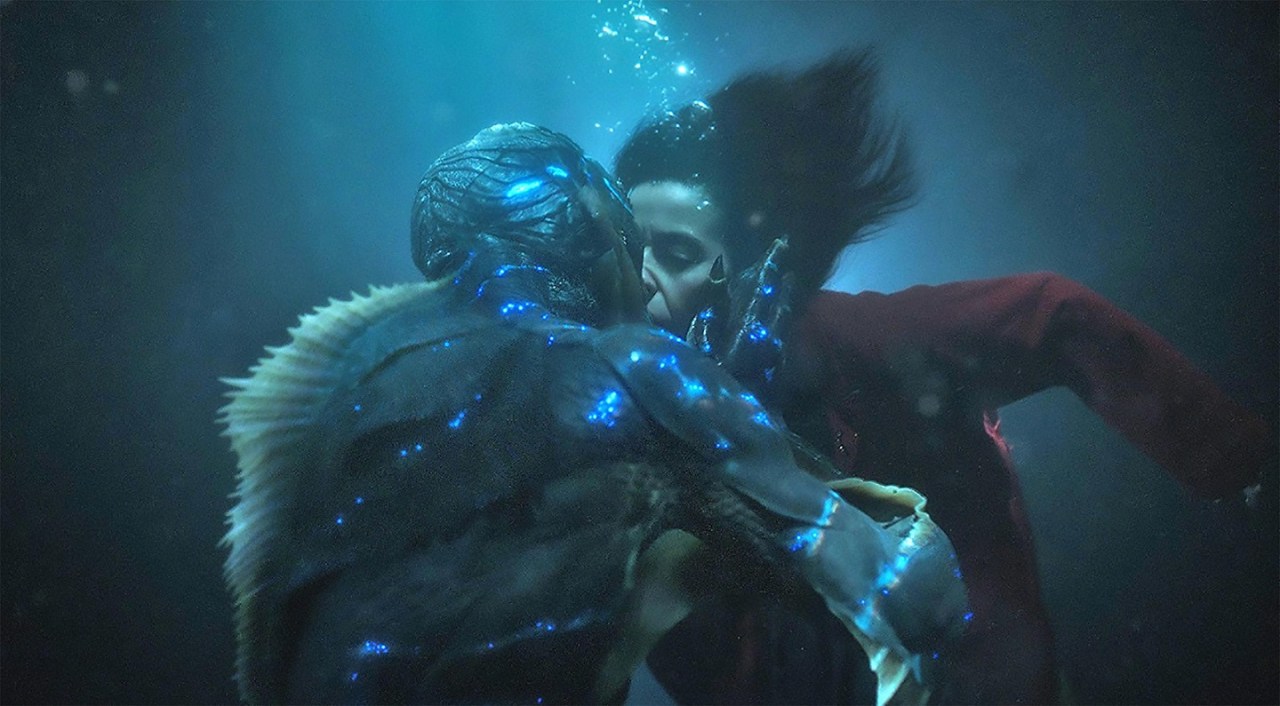
The 7 Best Guillermo Del Toro Movies, Ranked
Today we look back at the wealth of high-quality cinema from director Guillermo del Toro.
Today we look back at the wealth of high-quality cinema from director Guillermo del Toro.
No single director in the modern film industry has demonstrated the same level of avid appreciation for horror as Guillermo del Toro. A prolific genre director who has proven his extraordinary capability for contemporary horror time and time again, del Toro has continuously managed to inject an emotional beauty into each of his horror, fantasy, and sci-fi masterpieces. Drawing on his extensive love for all things spooky, del Toro has handed in some of the greatest genre films of the 21st century, affording audiences a deeper understanding of horror, drama, and the sobering reality behind past historical events.
From pulpier Hitchcockian thrillers to magical realist superhero epics, here are some of Guillermo del Toro’s greatest films, ranked in order from worst to best.
7. Nightmare Alley (2021)
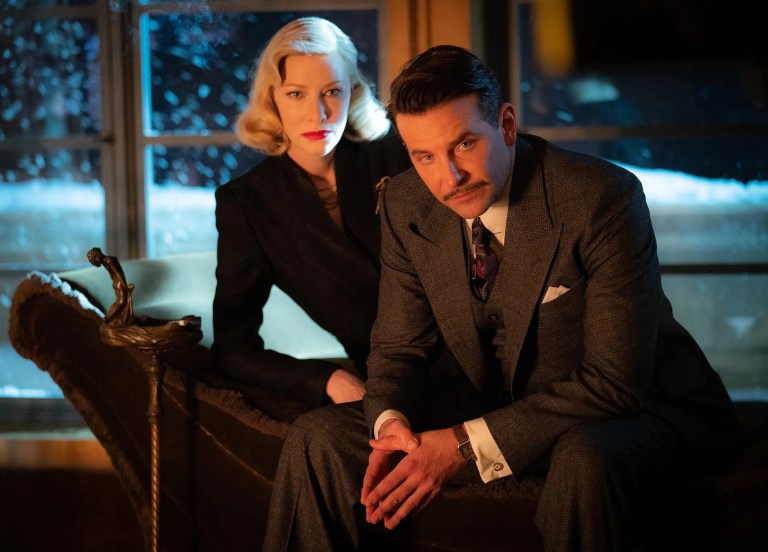
A stylish adaptation of William Lindsay Gresham’s 1946 pulp novel, Nightmare Alley also provides del Toro with one of his most fervently unique films. Combining a first-rate cast of prominent actors with Gresham’s layered source material, Nightmare Alley serves as a riveting love letter to the bygone days of ‘30s and ‘40s B-horror vehicles. It might not have the same bite or sense of originality as del Toro’s other films, but that doesn’t mean it isn’t a remarkable neo-noir thriller in its own right.
6. Hellboy II: The Golden Army (2008)
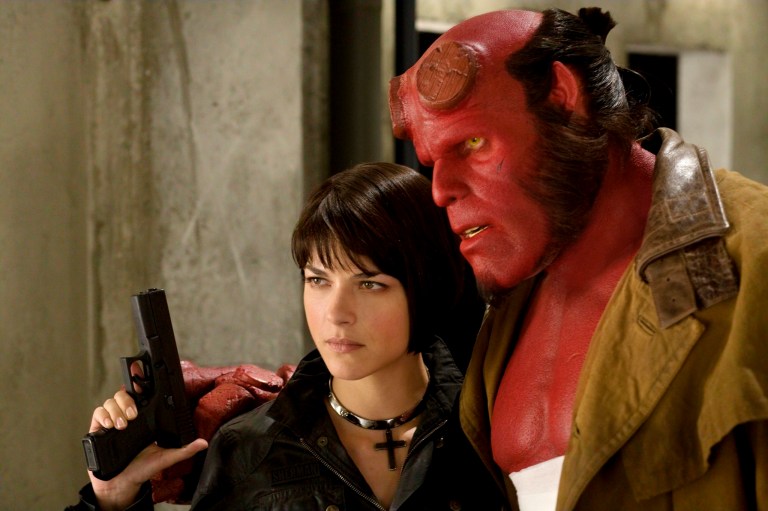
While it’s disappointing to think we’ll probably never get a third film to wrap up the trilogy, the initial two entries in del Toro’s Hellboy series are nothing short of spectacular. After handing in a wondrous Lovecraftian superhero film with the opening film in the franchise, del Toro managed to capture the magical splendor that characterized Mike Mignola’s comics with its sequel, Hellboy II: The Golden Army. Dovetailing marvelous special effects with a ceaselessly entertaining story, it’s a fantasy epic on par with the best superhero films of the MCU or DCEU.
5. Cronos (1992)
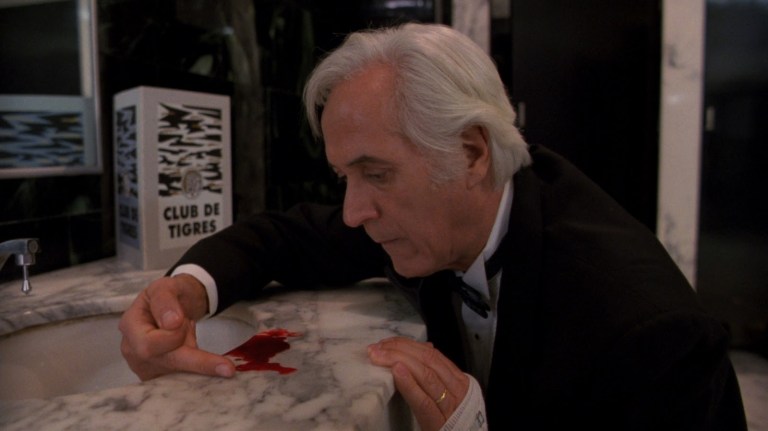
The feature-length debut for del Toro, Cronos also happens to illustrate del Toro’s deft handling of pre-existing horror subgenres from a very early age. Subverting the conventional vampire narrative, del Toro uses the folkloric creatures for a more harrowing character study with Cronos. Humanizing the traditionally malevolent horror-based monsters, del Toro was able to add his own tasteful spin on the genre (a creative feat he’d achieve again and again in the decades ahead).
4. The Shape of Water (2017)
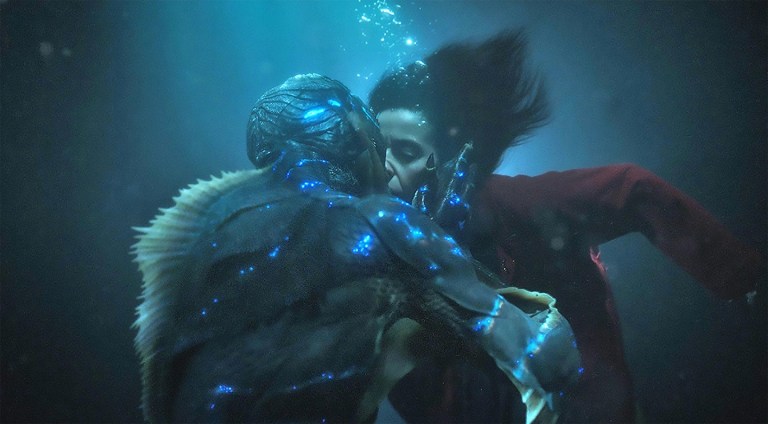
The film that propelled del Toro from a proficient indie director into a mainstream sensation, The Shape of Water also netted del Toro his first Academy Award for Best Picture and Best Director. A modern take on The Creature from the Black Lagoon, The Shape of Water reorients itself from the Creature’s point of view, highlighting the naturalist beauty surrounding all people (no matter their appearance). As dark as it is at times, del Toro never loses the movie’s endearingly heartfelt tone, ensuring a romantic fantasy film unlike any other.
3. The Devil’s Backbone (2001)
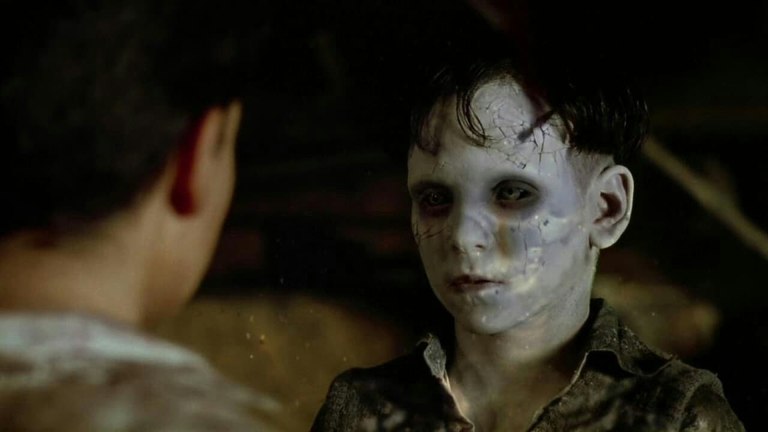
Most viewers might readily remember del Toro’s exploration of the Spanish Civil War in Pan’s Labyrinth, but it’s also mentioning that del Toro offered a similar examination of the conflict in his 2001 horror film, The Devil’s Backbone. An ideal companion piece to Pan’s Labyrinth, The Devil’s Backbone provides a similarly unflinching look at the war’s impact on average noncombatants. As effective as its dramatic elements are, del Toro wraps his subtly humanistic story around the idea of ghostly hauntings, paving the way to a gothic fantasy film as overwhelmingly original as Cronos or The Shape of Water.
2. Guillermo del Toro’s Pinocchio (2022)
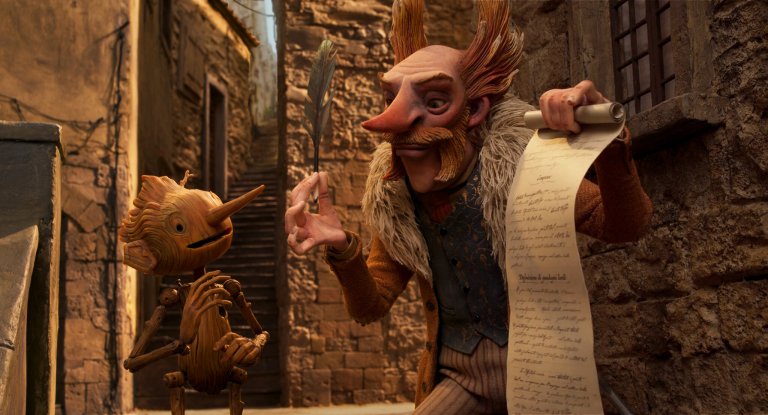
Just as he’d intelligently analyzed the Cold War in The Shape of Water and the Spanish Civil War in Pan’s Labyrinth, del Toro uses the story of Pinocchio to touch upon the bull-headed inhumanity of Mussolini’s fascist regime. Set in 1930s Italy, del Toro’s stop-motion animated film expertly distances itself from the countless Pinocchio films that came before it, focusing more intrinsically on universally relatable subjects (including the uncertainty of life and the wondrous adventures waiting around every corner). Tugging on your proverbial heartstring in more than a few places, it’s among del Toro’s most upbeat films, imparting a passionate message that encourages us all to live each day to its fullest.
1. Pan’s Labyrinth (2006)
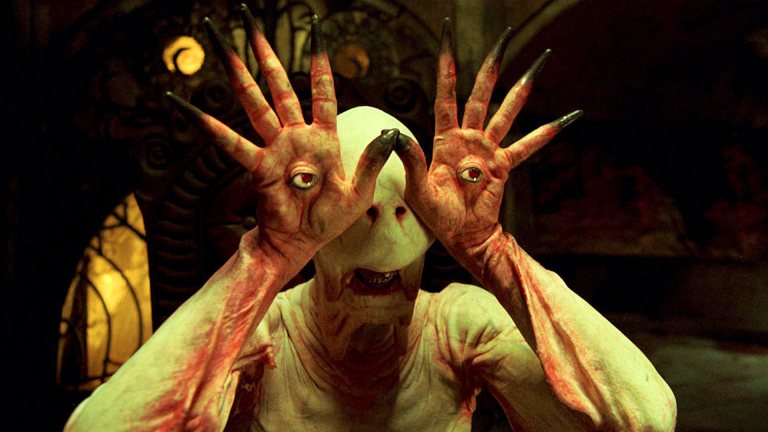
While del Toro has released a tide of well-received movies, Pan’s Labyrinth remains the gold standard by which each of his movies are judged. Stitching together two tonally contrasting narratives, del Toro constructs his own Frankensteinian creation with Pan’s Labyrinth. Simultaneously a fairy tale, a war film, a horror movie, and a thriller all at once, it’s a movie film that captures audiences’ attention from the very get go, forcing us all to pay close attention to what’s real and what’s merely the product of Ofelia’s hyperactive imagination.
